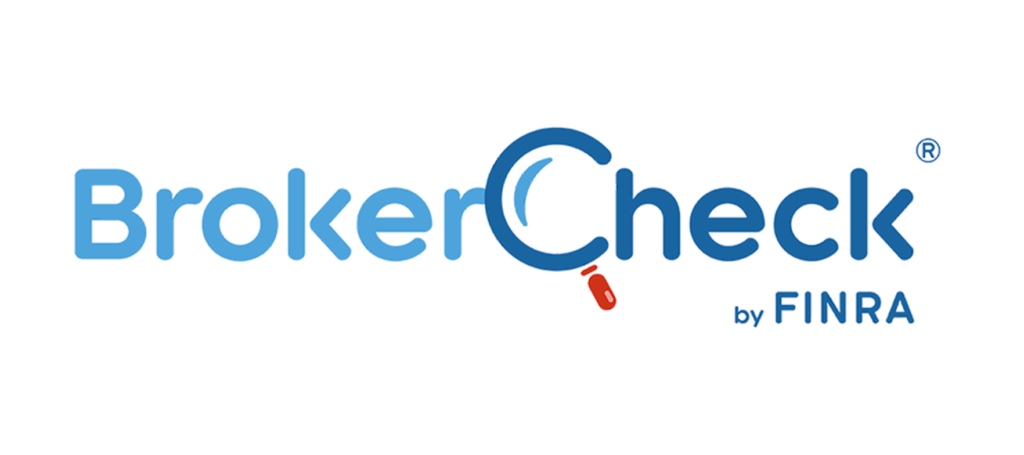- Personal
- Business
- Insurance
- Financial Management
- About
September 10, 2019
-1.png?width=612&height=411&name=6%20Things%20to%20Do%20When%20You%20Retire%20First%20State%20Community%20Bank%20Blog%201%20(2)-1.png)
American consumers carry a lot of debt—about $38,000 on average, and that doesn’t include home mortgages. This debt often includes a mix of student loans, auto loans, and credit card debt, and if it isn’t properly managed, it can rack up high interest charges that dig your financial hole even deeper.
But if you’re dealing with high amounts of debt and have no plan to pay it off, there’s no need to panic. Debt consolidation can be a useful strategy for simplifying your bills, reducing the amount of interest you’ll pay, and putting yourself on a path to paying down debt.
Everyone wants to be debt-free—but the way you approach this process has a big impact on how much extra you will pay in interest and how your credit score will be affected over time. Unless they plan on winning the lottery, most consumers need to develop a plan for paying off debts gradually.
Debt consolidation offers a path to paying off these debts over a fixed period of time while avoiding many of the high annual percentage rates (APRs) that can turn certain types of debt into costly financial burdens. Some credit cards offer APRs between 10-24 percent. For a $10,000 credit card balance, this could mean up to $2,400 in additional interest charges every year.
By consolidating this debt, you can essentially move your credit card debt into a loan with other types of debt—such as auto loans, medical bills, and student loans—while dramatically reducing the interest rate of the loans. This could save you hundreds or even thousands of dollars over the life of your debt. These loans can also feature a fixed repayment term, offering assurance of a date in the future when you’ll be fully debt-free.
Conquer credit card debt with the tips and strategies outlined in this guide.
Debt consolidation can take many forms, depending on the types of debt you’re trying to pay off. With credit card debt, for example, consumers might take advantage of a balance transfer offer from another credit card. With a balance transfer, you pay a small fee to move your debt from one credit card to another that offers a lower interest rate. Some even offer zero-percent promotional offers for balance transfers, giving you time to pay down your debt interest-free.
Other options include taking out a personal loan from your bank and using a home equity loan or line of credit to consolidate debts at a much lower interest rate. In some cases, consumers may also consider borrowing from retirement plans or making an early withdrawal from retirement accounts if the penalties are less than the potential interest owed on their debts.
Though debt consolidation can offer a path to better personal finances, there are also risks with certain types of consolidation—especially if you don’t read the fine print. Here are some tips to make sure you avoid financial traps that will only make your debt situation worse:
Debt can be overwhelming, but you don’t have to struggle with the stress of paying down debt alone. First State Community Bank offers a number of resources and products to help you pay off debts, save on interest, and build toward a better financial future.
Whether you’re seeking a line of credit, personal loan, credit card transfer options, or financial counseling services to improve your money management, we’re committed to helping our customers set and reach their financial goals. If you’re ready to make a plan for consolidating debt, paying off loans, and improving your financial outlook, contact us today to find out how we can help.
Conquer credit card debt with the tips and strategies outlined in this guide.

© 2025 FSCB - All rights reserved Bank NMLS 412605 Backed by the full faith and credit of the U.S. Government. First State Community Bank is not registered as a broker-dealer or investment advisor. Investment products and services are offered by First State Financial Management through the registered broker-dealer NBC Securities. Any products and services offered by FSCB are separate and distinct from those offered through NBC Securities.


FDIC-Insured - Backed by full faith and credit of the U.S. Government

© 2025 FSFM - All rights reserved Securities and advisory services offered through NBC Securities, Inc., a Registered Investment Advisor. Member FINRA/SIPC. FSFM is a subsidiary of First State Community Bank. The FSFM name is used by certain employees of First State Community Bank who offer securities, advisory and insurance products and services through NBC, Securities, Inc. NBC Securities, Inc., is under separate ownership from any other named entity. Not Bank Guarantee ▪ May Lose value ▪ Not a Bank Deposit ▪ Not insured by FDIC or Any Other Government Agency NBC Securities, Inc., Client Relationship Summary

%201.png)
Copyright © 2025 First State Insurance Agency, Inc First State Insurance Agency is an affiliate of First State Community Bank due to common ownership. Not a deposit, not FDIC insured, not insured by any government agency, not bank guaranteed and may decrease in value.

